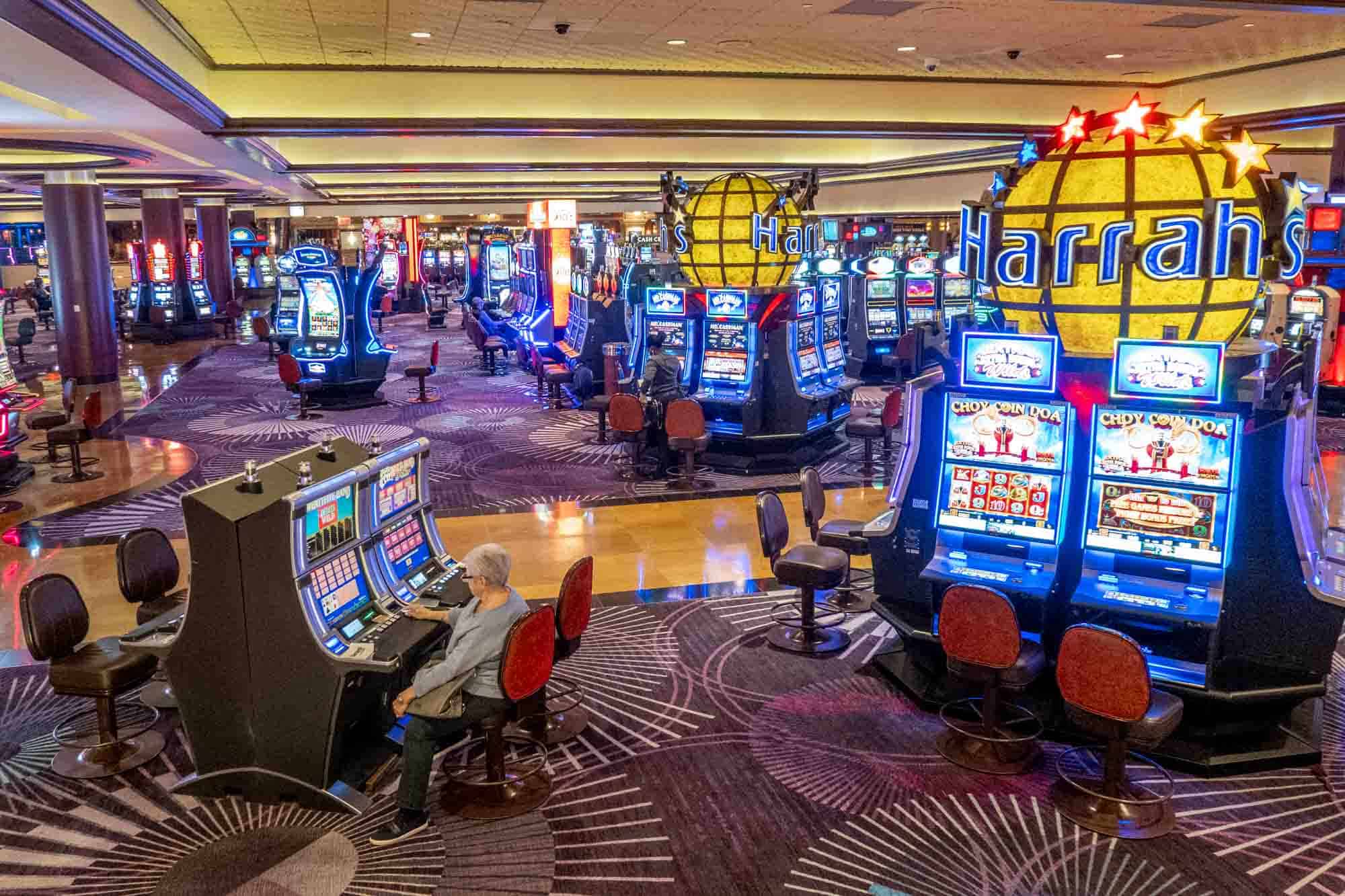
Casino games have long been a staple in human culture, providing not just entertainment but a intriguing reflection of our aspirations, wishes, and anxieties. From the turning reels of a slot machine to the strategic gameplay of poker, these games represent a spectrum of human sentiments and incidents. At their core, casino games are not just a chance to make profits; they are a reflection of life itself, where risk versus reward merge and fate can change in an eye blink.
As players assemble around tables or sit in front of vibrantly illuminated machines, they take part in a ceremony that transcends mere betting. These games reflect our natural desires for social interaction, thrill, and the quest for chance. They also unveil deeper truths about human psychology, such as our relationship with fate and the adrenaline of uncertainty. In exploring casino games, we uncover not only the mechanics of play but also the complex weave of the human story, showcasing our intertwining narratives of goal and reality.
The Psychology of Gambling
Wagering is deeply rooted in the psyche of individuals, tapping into various feelings and desires. The thrill of taking risks is a fundamental aspect that attracts participants, be it the excitement of spinning a roulette or the anticipation of drawing a winning hand in poker. This adrenaline is often compared to other forms of thrill, as the unpredictability of outcomes elicits a unique psychological response. Players often find themselves captivated by the possibility of striking it rich, leading to an irresistible draw toward gambling games.
Additionally, an essential component of the psychology behind gambling is the concept of hope and ambition. Players often nourish dreams of financial freedom and the luxurious lifestyle that can accompany winning. This hope fuels their continued participation in gambling, as it provides a sense of meaning and the conviction that a transformative win could be just one wager away. The narrative of overcoming odds and finding success resonates with many, strengthening their dedication to play and engage with these games.
Lastly, social aspects play a significant role in gambling psychology. Casino environments are designed to foster social interaction, where gamblers gather to share the experience of wins and losses. This shared aspect not only amplifies enjoyment but also affects behavior, as individuals often mimic the actions of others around them. The collective approval found in mutual thrill can enhance the emotional experience, making casino games a mirror of not just personal desires but also shared involvement within the gambling community.
### Risk and Reward: A Double-Edged Sword
Casino games embody the fragile balance between danger and reward that resonates profoundly with the human experience. casino not on GamStop The excitement of placing a bet is often accompanied by a surge of excitement, as gamblers are confronted with the prospect of winning big, yet fully aware of the risk to suffer losses. This bipartisan experience reflects a essential aspect of life: the paths we choose often come with intrinsic risks, and the quest for benefit can push us to make risky moves we might not otherwise consider. In this way, casino games reflect real-world choices, enticing players to gamble not just their money, but also their aspirations.
The allure of jackpot prizes and winnings fuels a feeling of positivity, encouraging players to imagine a more promising future that could emerge from a single victorious spin of the roulette or flip of a card. This positive outlook can drive individuals to engage in riskier behaviors, encouraging them to take greater risks in search of monetary success. However, just as in life, the results of these risks can lead to both triumph and despair. The stories of both big winners and those who have suffered everything at the casino demonstrate the unpredictable nature of luck and its significant impact on our existence.
Ultimately, the experience of engaging with gambling activities serves as a potent reminder of the human condition. Every round played is imbued with the tension of uncertainty, as gamblers weigh the gains against the risks. This balance not only highlights the thrill that comes with gambling but also reveals the vulnerabilities that come with the longing for more. As we explore the challenges of choice and consequence in both the gambling world and in life, we find that the pursuit of risk and reward shapes our identities and experiences in significant manners.
Culture and Solitude in Casino Environment
Casino environment is a special combination of communal interaction and individual pursuit, reflecting the tensions of human experience. Players often come together around games, experiencing in the thrill of the action, celebrating wins, and commiserating over losses. This communal aspect is vital, as it fosters a sense of community and bonding among diverse groups of individuals. Regular visitors to gaming establishments may build friendships and develop routines, turning the gambling venue into a second home where they feel connected to a greater community of gamblers.
However, the appeal of gambling activities can also lead to loneliness. As players become immersed in the thrill of playing, they may isolate from personal connections or neglect to engage with the world outside the casino. For some, the pursuit of a windfall can overshadow real relationships, leading to loneliness. The situation of being among others yet experiencing solitary is not uncommon, as the focus shifts from shared enjoyment to the private stakes of each player’s path.
This interaction of community and isolation creates a rich mosaic that defines gaming atmosphere. It showcases the intricacy of human interactions, where happiness and despair exist together. Gambling venues serve as both a refuge for social interaction and a stage for individual struggles, demonstrating how intimately entwined our desire for connection and the individual quest for fortune can be. In navigating this landscape, gamblers confront their own stories—seeking both the rush of the wager and the companionship of fellow players, ultimately reflecting the wider spectrum of individual experience.